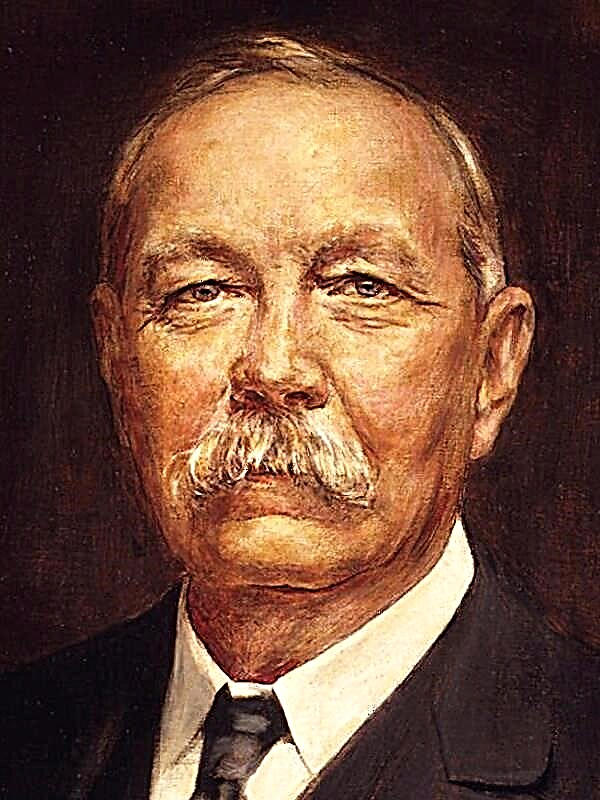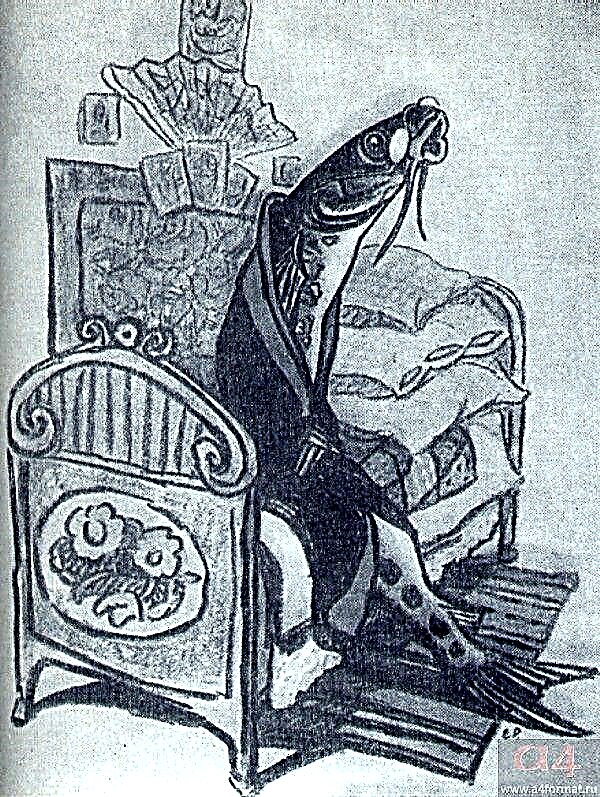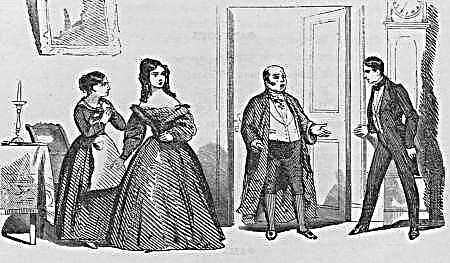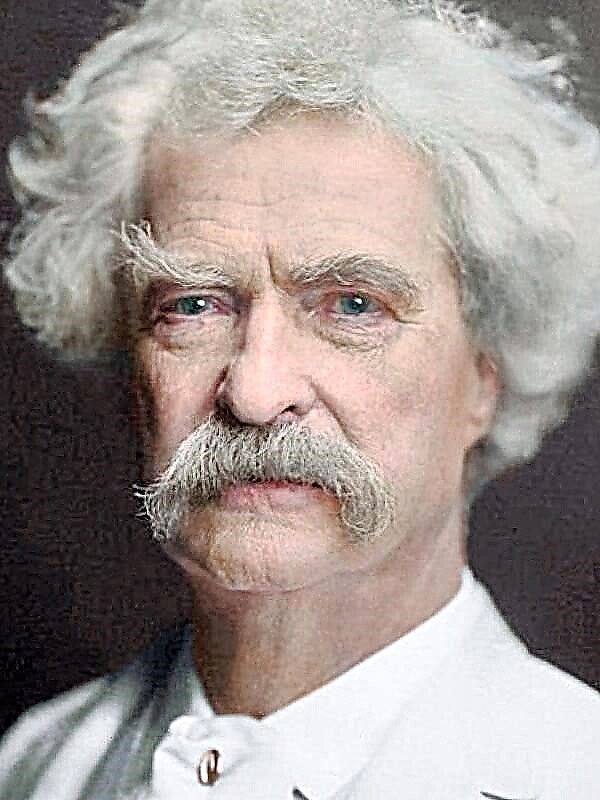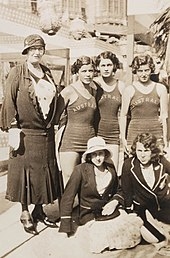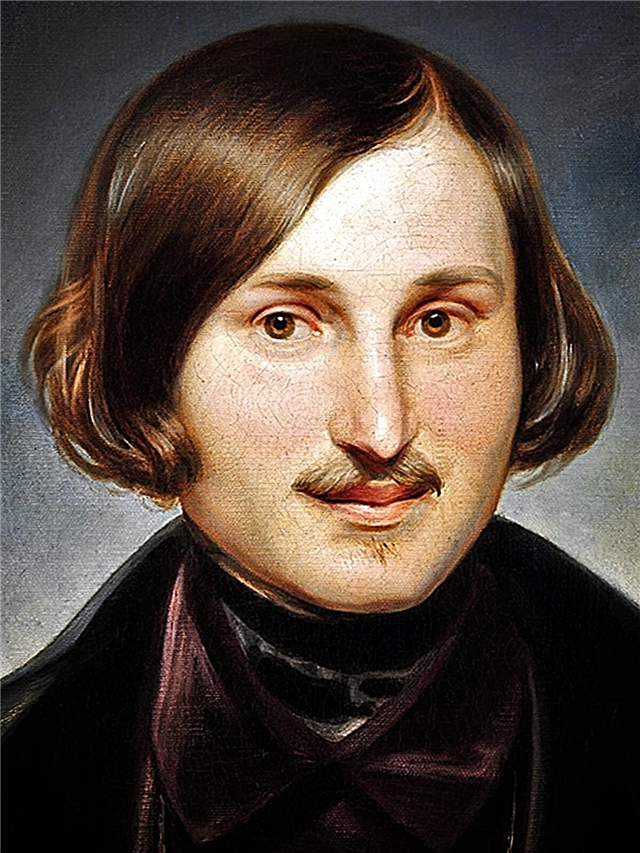Germany, Berlin, the second world war.
On the day of the surrender of France, the postman brings to the house of cabinetmaker Otto Quangel the news that their son died the death of the brave for the Fuhrer. This terrible blow awakens in the soul of Anna, the wife of Otto, the hatred of Nazism, which has ripened for a long time. Otto and Anna Quangel are ordinary people, they never went into politics and until recently considered Hitler the savior of the country. But it’s hard for any honest person not to see what is happening around. Why did their neighbor, drunkard Perzike, suddenly become a more respectable member of society than the elderly Frau Rosenthal, the wife of the once respected businessman? Just because she is Jewish, and he has two SS sons. Why in the factory where Kwangel works as a craftsman do good workers get fired, and armless idlers go uphill? Because the latter are members of the Nazi party screaming "Heil Hitler!" in meetings, and the former have an "inappropriate mindset." Why is everyone spying on each other, why did any scum that used to hide in dark corners crawl out onto the surface? For example, Emil Borkhausen, who had never done anything in his life, and his wife openly took men to her place to feed five children. Now Borkhausen is knocking on the little things in the Gestapo for anyone, because everyone has something, everyone shakes with fear and is glad to pay off. He tries to catch Quangel by surprise, but quickly realizes that this person is solid like a rock, just look at his face - "like a bird of prey."
Kwangel goes to the factory where Trudel Bauman, the bride of his son, works to inform her of the death of the groom, and Trudel admits that she is a member of the Resistance group. The weeping Trudel asks: “Father, can you really continue to live when they killed your Otto?” Kwangel never sympathized with the Nazis, was not a member of their party, citing a lack of funds. His main quality is honesty, he was always strict towards himself and therefore demanded a lot from others. He had long been convinced that "the Nazis have neither shame nor conscience, which means that he is not on their way." But now he comes to the conclusion that this is not enough - you can’t do anything when everything is oppressed, violence and suffering.
Indeed, under the very nose, in their house, inconceivable things happen a few years ago, Frau Rosenthal is robbed not just by thieves, but by thieves led by the SS and the police. The old woman first hovers around the Kwangels, then she is rescued by a retired adviser From who lives in the same house. She hides with him for a while, but then she nevertheless rises to her apartment. Young SS man Baldur Perzike calls a police commissioner with a handyman. They try to find out where Frau Rosenthal hid some money, the old woman cannot stand the torment and is thrown out of the window, and Baldur Perzike receives her gramophone and her suitcase with linen as a reward.
Kwangel decides to fight fascism alone, on his own - to write postcards with calls against the Fuhrer, against war. To Anna Quangel, at first it seems that this is too small, but both understand that they can pay their heads. And so the first postcard is written, there are no political slogans in it, in simple words it speaks of how evil the war unleashed by Hitler brings people. Otto safely throws the postcard into the staircase, it is found by the actor, Goebbels's former favorite, now disgraced, terribly frightened and carries it to a friend, a lawyer. Both experience nothing but fear and indignation of the “scribbler,” which only “brings others into trouble,” and the postcard immediately falls into the Gestapo. Thus begins the unequal war between two ordinary people and the huge apparatus of Nazi Germany and the “invisibility” case, entrusted to Commissioner Escherich, an old-school forensic scientist who looks down on his newly made Gestapo chiefs. After examining the first postcard, he does only one thing - he sticks a flag in the map of Berlin indicating the place where the postcard was found.
Six months later, Escherich casts a glance at the card with forty-four flags - of the forty-eight postcards written by the Quangels at that time, only four did not fall into the Gestapo, and there was little likelihood that they would change hands, as Otto dreamed. Most likely, they were simply destroyed, not even having read to the end. The commissar is not in a hurry, he knows that he has chosen the most faithful tactics - patient waiting. The texts of postcards do not give any threads, but nevertheless the commissioner concludes that the invisible man is a widower or a lonely person, a worker, competent, but not used to writing. That's all. This case unexpectedly acquires great importance for the commissioner. By all means, he wants to see a man who has entered into a deliberately unequal struggle.
Finally, the police detained in the clinic a man accused of throwing a postcard. This is Enno Kluge, a jerk, a coward, a loafer, whom his wife had long ago kicked out of the house. He lives all his life at the expense of women and runs away from work. Together with his friend Borkhausen, they tried to rob Frau Rosenthal, but drank too much of her cognac. But this got away with them, because the Perszike brothers continued the robbery.
Enno falls into the hands of Escherich, who immediately understands that he can have nothing to do either with the cards themselves or with their author, but nevertheless forces him to sign a protocol that a person handed him the card, and releases. Enno escapes the lard sent for him and finds refuge at the pet shop owner, Hete Gaberle, whose husband died in a concentration camp. But Escherich now has no choice but to search for Klug, because he had already reported to his superiors that a thread had been discovered leading to the invisibility. He finds it with the help of Borkhausen. He tries to get money from both the commissioner and the widow of Gaberle, warning her that Enno is in danger. Frau Gaberle is ready to pay for the salvation of a man whom she herself considers a liar, a worthless loafer, and sends him to her friend, harboring all who are persecuted by the Nazis. The son of Borkhausen is tracking Enno, and he again falls into the clutches of Escherich, who now needs to get rid of him, since at the first interrogation it turns out that the commissar deceived the authorities. Escherich forces Enno Kluge to commit suicide and asks to transfer the case to another investigator, for which he falls into the cellars of the Gestapo.
Fate sends Otto Kwangel two warnings, once he is close to death, but this diehard man does not want to stop. In the end, he misses, losing a postcard in the workshop where he works. He is arrested by Commissioner Escherich, who returned to his duties again because his successor in the invisibility case did not achieve any success. Escherich is internally broken, he is still trembling at the mere remembrance of what he had to endure in the cellars of the Gestapo. During the interrogation, Kwangel does not refuse anything and holds on with the courage and dignity of a person doing a just cause. He is shocked that only an insignificant part of the postcards did not fall into the Gestapo, but does not believe that he was defeated, and says that if he found himself in the wild, he would again begin to fight, "only in a completely different way." Kwangel throws the commissar accused in the face of the fact that he is “working for the bloodsucker” out of self-interest, and Escherich lowers his eyes under his stern look. On the same day, the drunk Gestapo’s descend into Kvangel’s cell, scoff at him, and force Escherich to beat glasses with them on the old man’s head. At night, the commissioner sits in his office and thinks that he was "tired of supplying the booty to these bastards," that, if possible, he would also fight. But he knows that there is no Quangel hardness in him and he has no way out. Commissar Escherich shoots himself.
Anna Kwangel was arrested, and, due to her name accidentally dropped by her during a cruel interrogation, Trudel Hezergel (her son’s former bride) with her husband, and even Anna’s brother. Trudel has not been involved in the Resistance for a long time, he and her husband left Berlin and tried to live for each other and for the unborn child, but their every word during interrogations turns against them. In the dungeon, Trudel's husband dies from beating, and she herself commits suicide by jumping into a flight of stairs. After the comedy of the court, in which even the defense attorney speaks out against the accused and who condemns both Kwangels to death, there are long weeks of waiting on death row. Advisor Frome passes Otto and Anna a vial of potassium cyanide, but Anna does not want an easy death, she only thinks that she should be worthy of her husband, and lives in the hope of meeting him before the execution. She feels free and happy. On the day of the execution, Otto remains calm and courage to the end. He does not have time to crush the ampoule with poison with his teeth. The last sound he hears in life is the squeal of a guillotine ax. Anna Quangel, by the grace of fate, dies during the bombing of Berlin, never knowing that her husband is no longer alive.

